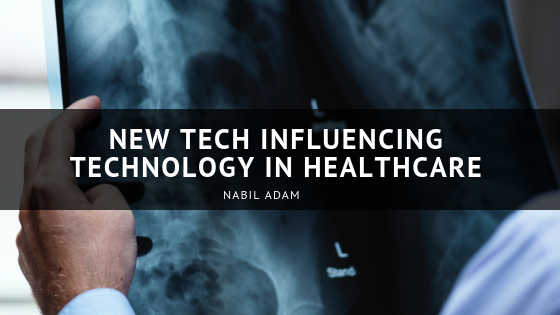Technology is gradually infiltrating virtually every field that revolves around us. The healthcare sector has been particularly targeted with various tech advances that are improving healthcare service provision by enhancing efficiency. Of the various technological advancements in the healthcare sector that are positively influencing service provision, cloud computing technology, information and communication technology, as well as the mobile app technology are on the forefront.
Cloud computing technology
Cloud computing technology refers to the utilization of computer hardware and software to collect, process, and store huge volumes of data. In the healthcare sector, data is highly essential in facilitating service provision. The introduction of cloud computing technology is proving a game-changer in helping handle and process healthcare data with the precision and timeliness required. The application of cloud computing has made it possible for healthcare workers to achieve safer data storage without limitations on the amount of data that can be handled. Big data processing also enables and supports faster-informed decision making.
Mobile app technology
The mobile application technology is also helping revolutionize service provision in the healthcare sector. Mobile applications have been developed targeting healthcare service provision. With over 100,000 such mobile apps currently available, patients benefit heavily by being able to achieve chronic care management of diseases such as diabetes, obesity, and cardiac conditions. Also, nutrition and fitness have been expressly targeted by mobile apps which enable people to lead healthy lifestyles. Mobile apps have also increased access to healthcare information which is critical in helping manage and control diseases across the public.
Information and communication technology
Information and communication technology has also come as a major addition to the healthcare sector as it facilitates the provision of healthcare services while conquering existing challenges such as distance and mobility. The ICT field is applicable in the healthcare sector in various dimensions including the use of telemedicine where healthcare personnel can get in touch with patients remotely without the need for physical visitations in clinics.
Electrocardiogram, for example, is a wearable device that remotely transmits patient cardiovascular profiles and data to healthcare clinic from where medical personnel can remotely monitor patient’s vital symptoms. Telemedicine has, therefore, increased the penetration of provision of medical services to persons living in remote areas. Mobile phones also increase the ability of patients to remotely communicate with medical personnel before making actual clinical visits.

